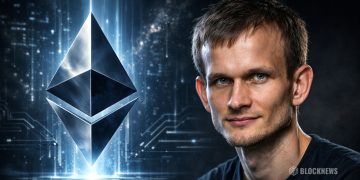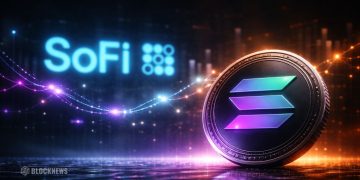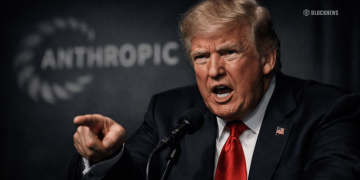- The G7 countries are agreeing on an 11-point voluntary AI code of conduct for companies to provide guidance on risks and benefits of AI systems. It recommends transparency around capabilities and security controls.
- AI governance is expanding globally with the EU’s AI Act, China’s AI regulations, a UN AI committee, and OpenAI’s risk assessment team.
- Singapore is partnering with Japan, Switzerland, and the UK on joint digital asset pilots to promote collaboration on risks, standards, and interoperability in asset tokenization.
The G7 countries, including Canada, France, Germany, Italy, Japan, the United Kingdom, the United States, and the European Union, are set to agree on a voluntary AI code of conduct for companies developing AI. This code aims to provide guidance on mitigating risks and maximizing benefits of AI technology.
Details of the AI Code of Conduct
The 11-point plan was drafted by G7 leaders in September 2022. It offers voluntary guidance for organizations developing advanced AI systems, including foundation models and generative AI. The code recommends companies publicize reports on the capabilities, limitations, use, and misuse of their systems. Robust security controls for AI systems are also suggested.
Global Efforts to Regulate AI Technology
The G7’s code comes as governments worldwide navigate emerging AI capabilities. The EU established AI guidelines with its EU AI Act passed in June 2022. In August 2022, China launched its own AI regulations. The UN also formed a committee to address global AI governance in October 2022. OpenAI, developer of ChatGPT, plans an AI risk assessment team.
Singapore Pursues Cross-Border Collaboration on Digital Assets
The Monetary Authority of Singapore (MAS) is partnering with Japan, Switzerland, and the UK to promote joint digital asset pilots. This builds on Singapore’s Project Guardian, which explored asset tokenization. With asset tokenization scaling up, closer collaboration between regulators is needed to identify risks and develop standards.
The partnership will initiate discussions on digital asset accounting, risks, and legal gaps. It will also explore common tokenization standards and best practices across jurisdictions. MAS seeks to promote interoperability and sustainable digital asset ecosystem growth through this collaboration.














